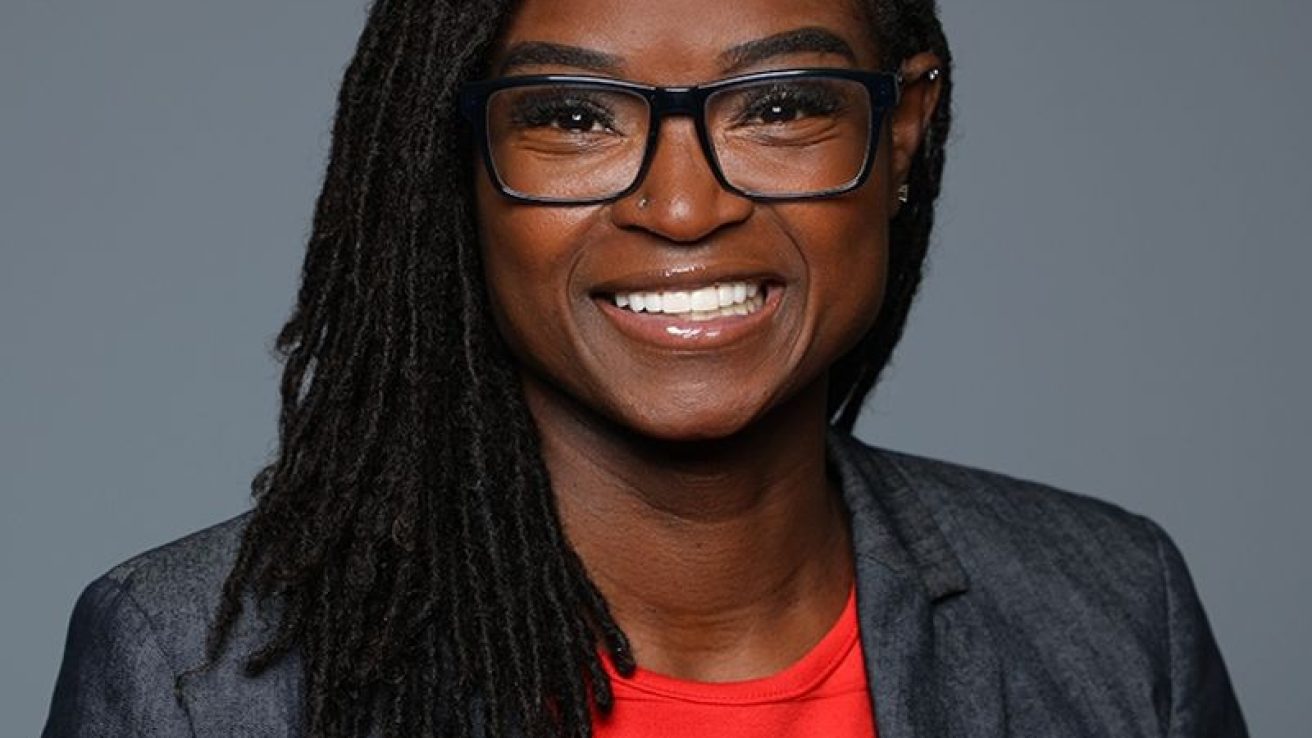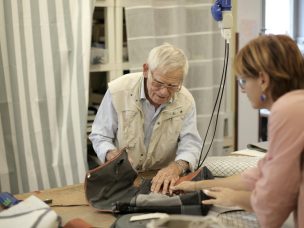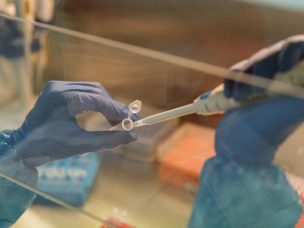In this MD Newsline exclusive interview with urologist Dr. Fenwa Milhouse, we discuss recent research developments in the treatment of prostate cancer. We also discuss how to increase recruitment and enrollment of diverse groups in prostate cancer clinical trials.
MD Newsline:
Is there any research that excites you or that you think is important for healthcare providers to know related to the treatment of prostate cancer?
Dr. Fenwa Milhouse:
“There’s a lot of research in the prostate cancer world that’s ever-evolving. A lot of exciting research going into focal therapy. We’re trying to minimize treatment. How do we treat prostate cancer without having to treat the whole gland to avoid side effects?
But what I’m most excited about is the research going into prostate cancer and racial disparities. There is renewed interest in this research and racial healthcare inequities in general in the wake of COVID-19. And so, hopefully, there will be more research that will come out to highlight these disparities experienced by patients with prostate cancer.”
MD Newsline:
How do you think we can increase recruitment and enrollment of diverse groups in prostate cancer clinical trials?
Dr. Fenwa Milhouse:
“So that is one of the limitations in medicine is that a lot of the trials, especially for prostate cancer, study a monolithic group that does not include diverse patients such as higher-risk Black patients. And so, how do we get these patients? Well, the problem is we screwed ourselves because we have a really bad track record when it comes to research and disenfranchised patients.
There’s a book called Medical Apartheid by Harriet Washington, and it highlights the history of a ton of medical atrocities committed for the sake of medical research against primarily the Black community. But you can take that story and apply it to patients with disabilities, women, prisoners, etc.
So we have completely eroded the trust, especially when it comes to ‘experimentation.’ That’s how patients look at it. ‘Oh, you’re experimenting on me. Well, remember Tuskegee, they experimented on them. They had syphilis and didn’t know it and spread it to their families and their children.’ Ok? And patients are valid in feeling that way. So we have to rebuild the trust in our medical research community. How do we do that?
Recruiting diverse healthcare professionals involved in the trial can help because then the people conducting the trial look like the people in the trial. Ok? Again, they can try to rebuild this relationship with the participants. We need to acknowledge history. And now more than ever, we need to support our Black and Brown and LGBTQ physicians who are in academic medicine.
Studies have shown that minority academic physicians and scientists face more hurdles and barriers in getting research and grants. So now more than ever, we need to support these researchers. And this is going to be a process in trying to rebuild and be committed to rebuilding the trust in the community.”
Responses have been condensed and lightly edited.










